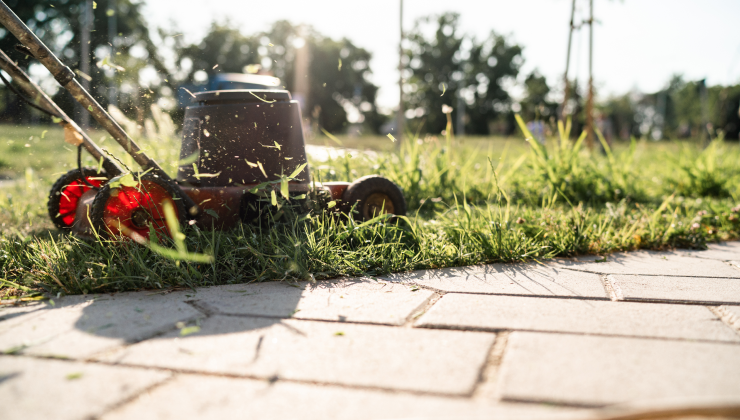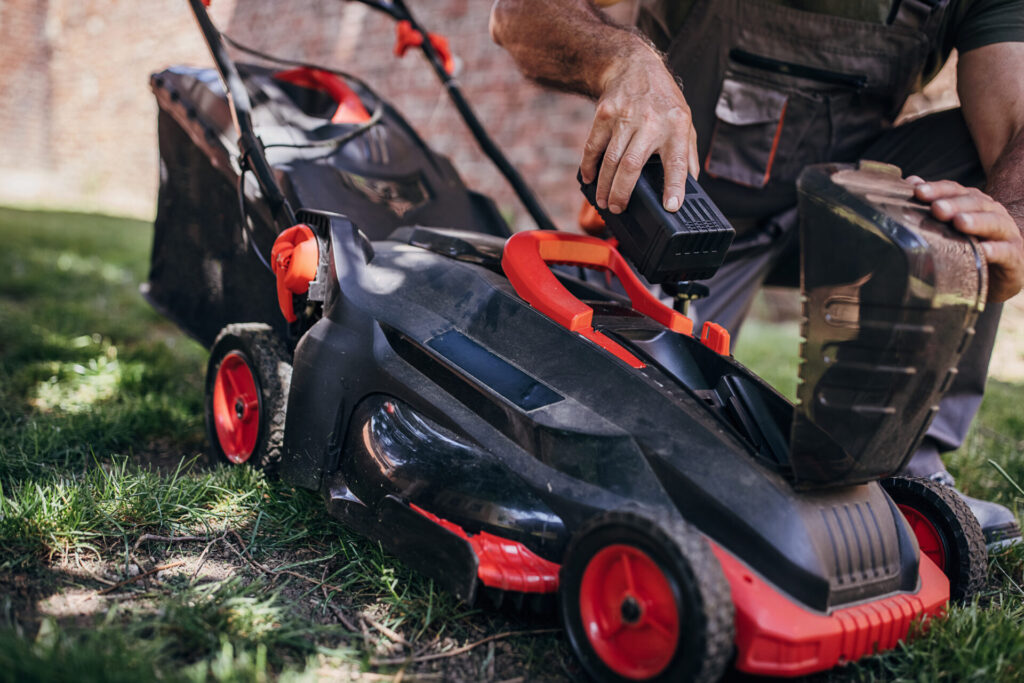Related Articles

Apr 15, 2025
5 HVAC Troubleshooting Apps Every Service Tech Needs

Apr 10, 2025
Long-Term Effects of Mold Exposure

Apr 01, 2025
Jul 24, 2023
4 Minutes to Read

“Green” lawn care has soared in popularity in recent years, with increasing consumer demand for battery-powered landscaping services. In sharp contrast, the commercial landscape maintenance industry. But, as eco-friendliness and social responsibility have grown in importance, many landscaping companies are switching to battery-operated tools to satisfy consumer demand.
Here are some of the benefits of Green lawn care equipment:
Battery technology has vastly improved, offering users a powerful alternative to gas-powered lawn equipment. While electric-powered outdoor equipment has been offered in the consumer market for some time, commercial battery-powered equipment that can stand up to the demands of a lawn care business has only recently become available.
Run time may vary for batteries, but in general, a single commercial battery charge lasts about as long as a tank of gas would on the same style tool. Landscaping services may need to invest in additional batteries to make it through the workday or look to add charging capabilities to their trailers.
Lithium-ion battery-powered products offer a lot more opportunities for innovation than gas-powered equipment. For instance, smart, IoT-connected equipment uses apps that allow you to view the condition, charge status, and location of your tools. This technology also allowed for the invention of smart robotic mowers, which advanced automation in lawn care.

Battery-powered tools require a lot less maintenance and repairs. This means less time, cost, inconvenience, and frustration for technicians than their gasoline-powered counterparts. In addition, push-button electric technology is more reliable. Equipment starts successfully every time, on the first try, saving time in the field.
Green lawn care businesses save on labor by eliminating trips to the gas station and time spent filling up equipment. There’s no expensive gasoline wasted by spilling, and with no need for this highly flammable liquid and vapor, the number of safety risks is greatly reduced.
Electric tools are much cleaner than gas-powered tools. There are no dirty air filters or failing carburetors, no engine maintenance, no tune-ups, and no additives necessary. As a result, engines last longer and don’t give out after 3,000 hours, as one business found with their gas-powered equipment.
Equipment with smartphone compatibility can signal when it’s time for maintenance and what repairs are needed, so less technician time is wasted on troubleshooting with equipment that’s not working. This technology is often predictive, so maintenance is recommended before there’s a problem. This lessens the chance of equipment failure in the field.
significantly to global warming and climate change. With green, battery-powered equipment, these toxic and carcinogenic emissions are reduced by up to 99%. This results in a lower carbon footprint for your business and shows customers that you share their eco-conscious values.
Health risks for landscape technicians and those near gas-powered lawn care equipment are important considerations. Adverse health effects of exhaust emissions and other fine particulates are well-documented and include cardiovascular disease, stroke, cancer, neurological conditions, and more. Today, many people actively seek out organic and sustainable landscaping practices to protect the health of technicians and the communities they serve. This means newly green lawn care services should see their business grow.
Quieter tools mean less noise pollution and hearing damage for the operator, plus less disruption for those working and living near the use of lawn equipment. In fact, these tools are now a necessity for more than 500 towns and cities that have enacted some form of ban or reduction in the use of gasoline outdoor products due to noise and environmental pollution.

Apr 15, 2025

Apr 10, 2025

Apr 01, 2025